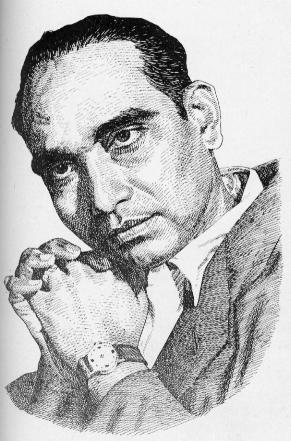
Madhukar Pednekar
(1916-1967)
About Madhukar Pednekar
An European import, the harmonium is considered an ersatz instrument in Indian classical music, with good reason. Its discrete keys are incapable of effectively reproducing the subtle curves and glides of swara that lie at the heart of Indian musical expression. Nevertheless, since the beginning of the 20th century, the harmonium has been widely adopted for vocal accompaniment not only in classical music but also in genres such as Marathi natyasangeet and bhajan.
While it is facile to get started on the harmonium, mastery over this instrument is an entirely different story. It takes an unusually high degree of felicity to hold the listener’s attention in a solo performance on the harmonium. In the hands of a master though, it can inspire awe and joy. Goa has produced many formidable harmonium masters such as Mohanlal Ramnathkar, Vitthalrao Korgaonkar, Vasantrao Amonkar, Ratnakant Ramnathkar, but one name stands head and shoulders above all: Madhukar Pednekar.
Madhukar was born in Bombay in a family with roots in the Goan village of Malpem (the same village as Anjanibai Malpekar’s). Since Malpem is located in the Pednem area of north Goa, Madhukar was referred to as ‘Pednekar’ as well as ‘Malpekar.’
Pednekar took his primary training in harmonium from Annasaheb Mainkar of Sangli. Mainkar also composed music for cinema and Pednekar served as his apprentice in a number of films. After absorbing all that Mainkar had to offer, Madhukar took flight on his own. He was a true swayambhu. He established such a dominion over the instrument that the harmonium became an extension of his being. Pednekar came to be regarded not so much a musician but as a magician. Never before had anyone seen his combination of grace, dexterity, and agility in fingering technique.
Pednekar left behind several students, prominent among them a fellow Goan, Tulsidas Borkar (1934-2018).
